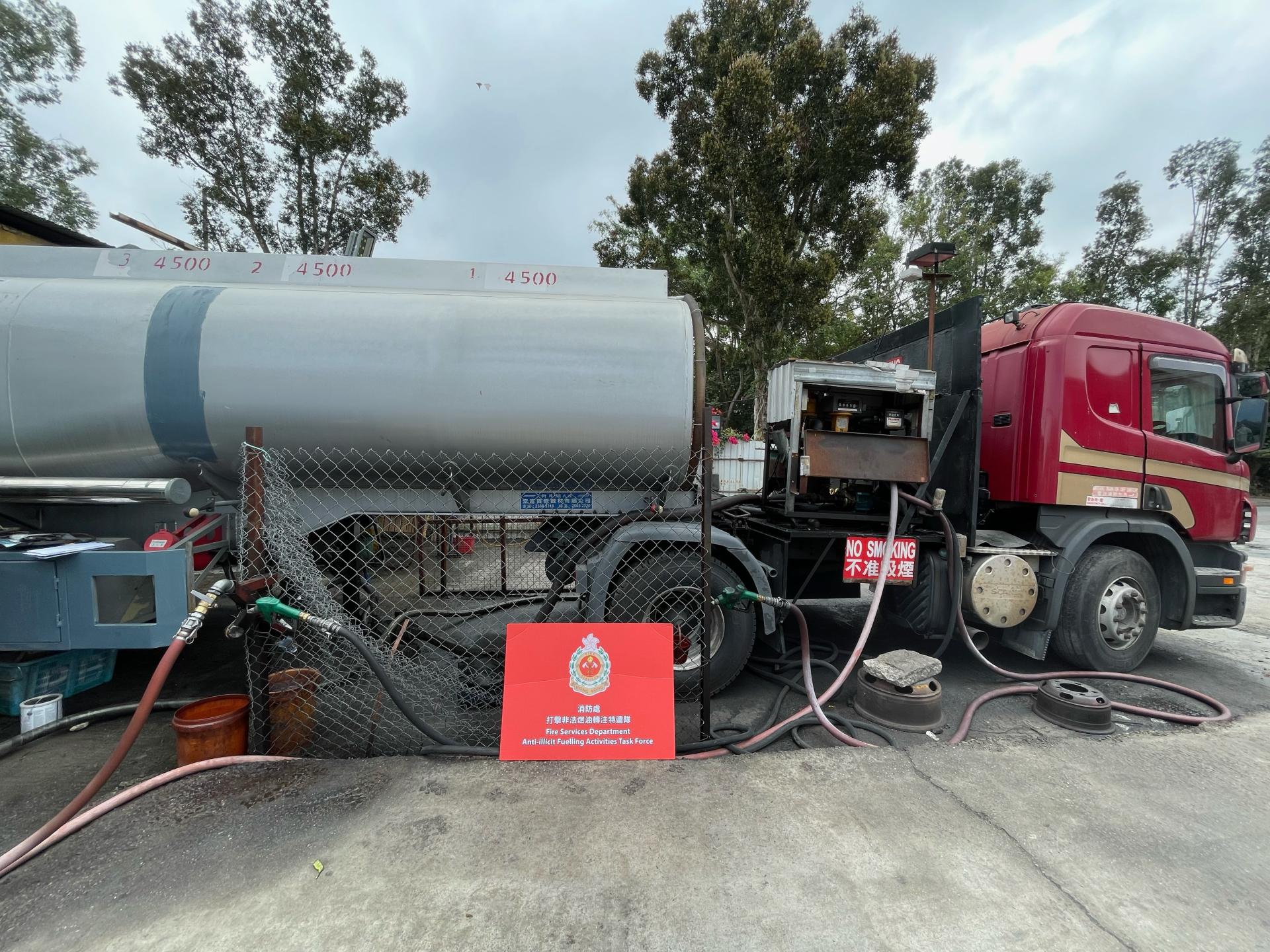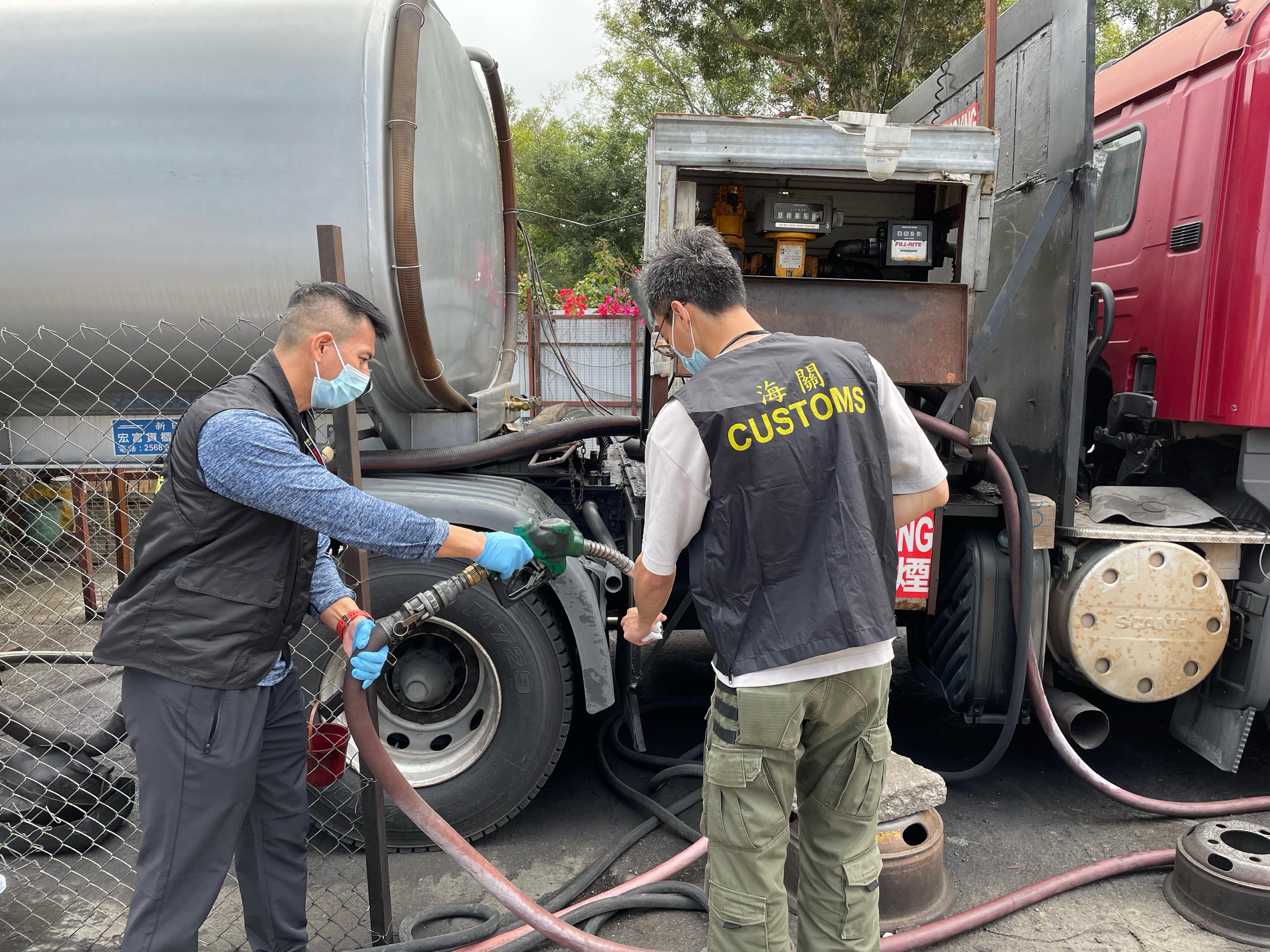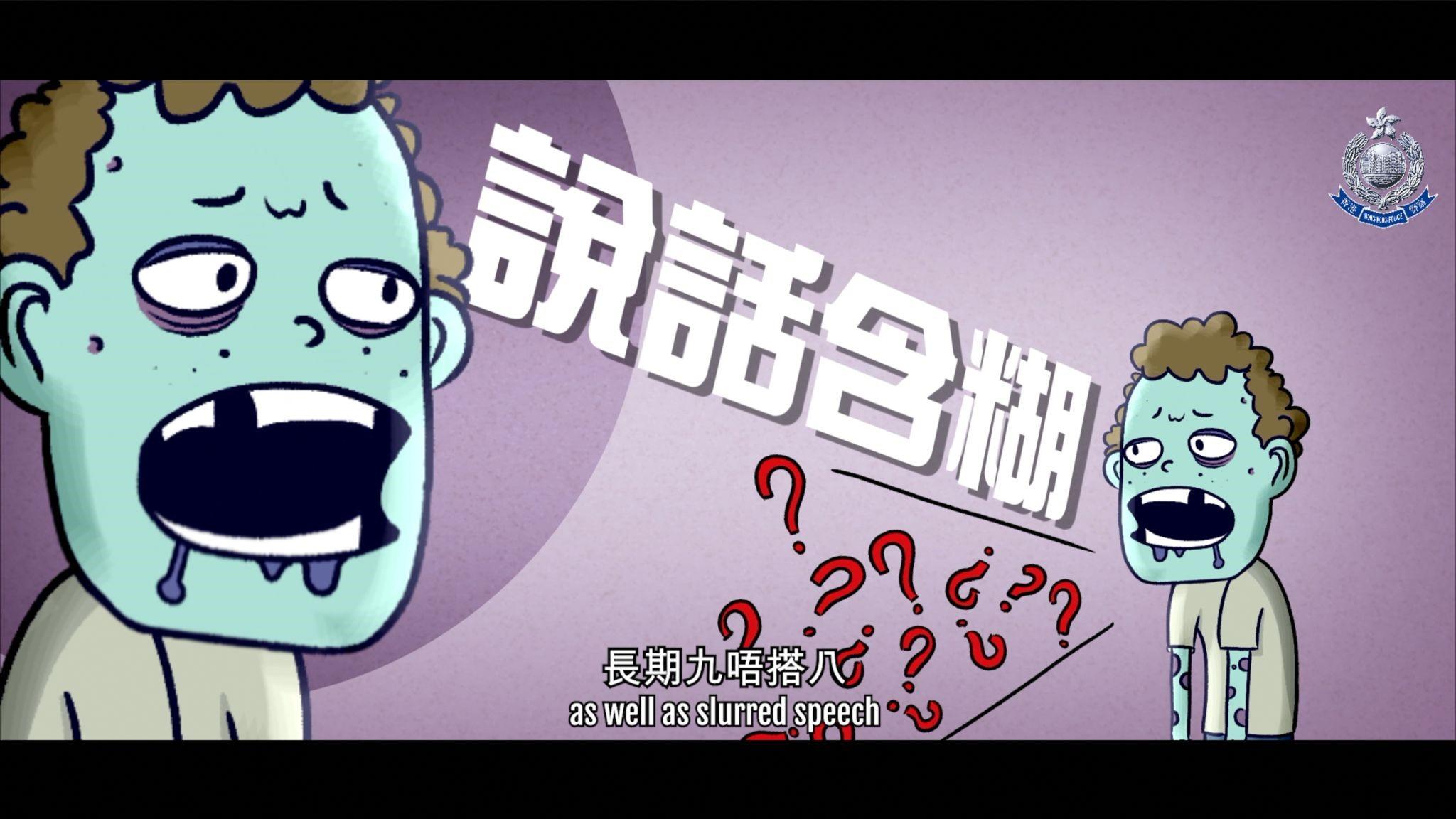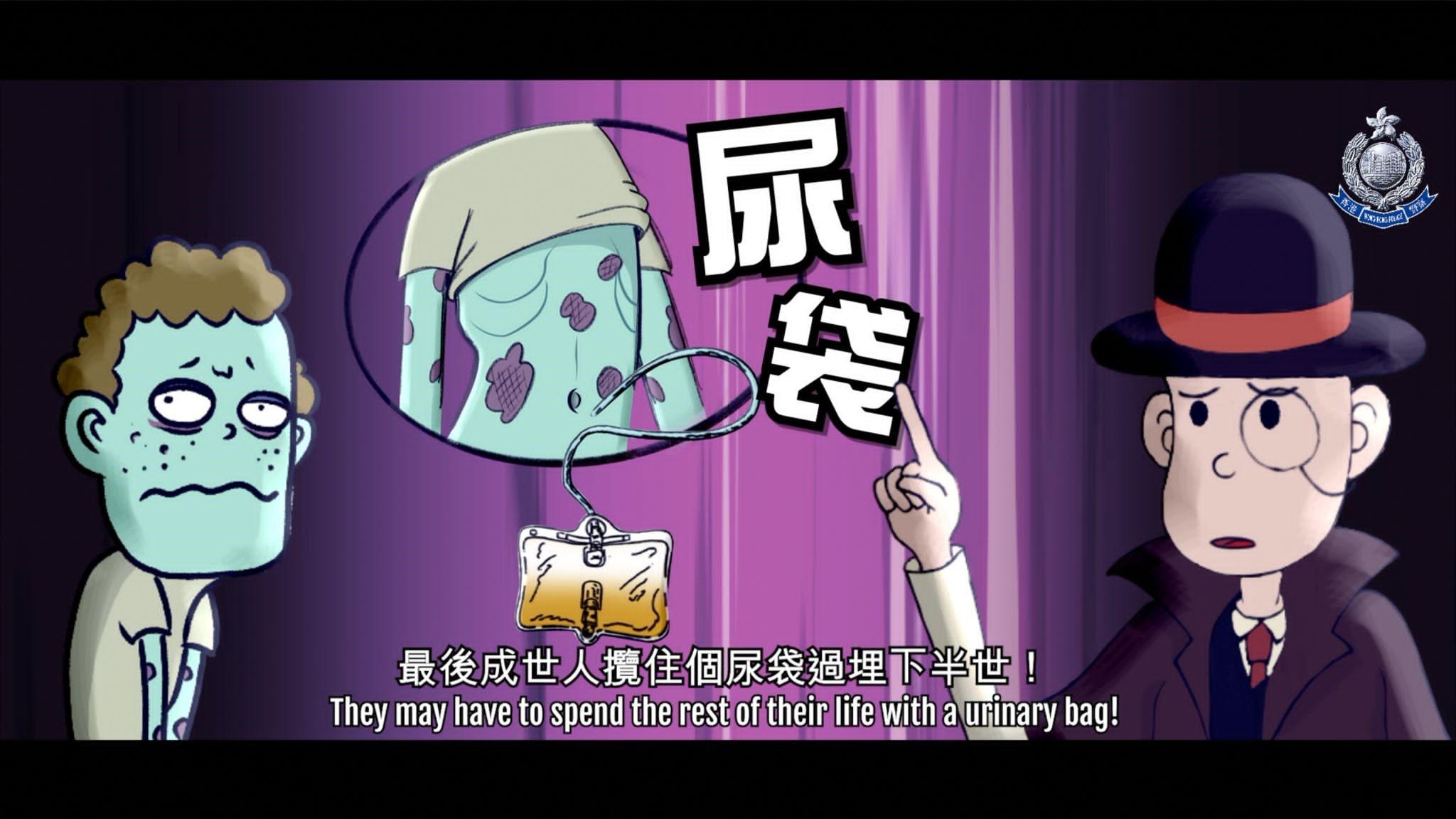Following is a question by the Hon Kenneth Fok and a written reply by the Acting Secretary for Home Affairs, Mr Jack Chan, in the Legislative Council today (January 26):
Question:
The Chief Executive announced on the 12th of this month the proposal of reorganising the government structure, under which a new Culture, Sports and Tourism Bureau (CSTB) is proposed to be set up by the next-term Government. Given that the "Outline of the 14th Five‑Year Plan for National Economic and Social Development of the People's Republic of China and the Long-Range Objectives Through the Year 2035" has expressed clear support for the development of Hong Kong as an East‑meets‑West centre for international cultural exchange, the establishment of CSTB will be conducive to promoting the development of the relevant industries and realising the relevant ways forward. In this connection, will the Government inform this Council:
(1) of the proposed structure and staffing establishment of CSTB; whether the Government will consider inviting industry players to take up key positions; if so, of the details, and how the Government will ensure that they have sufficient industry knowledge, professional qualifications and experience to take up such key positions; if not, the reasons for that;
(2) whether CSTB will (i) proactively approach the cultural, sports and tourism sectors to conduct a comprehensive survey of the industries concerned with a view to formulating long-term cultural and sports policies for Hong Kong, and (ii) conduct annual surveys on these sectors and provide them with channels to voice their concerns, so as to understand the difficulties and worries of the sectors for the formulation of appropriate policies; if so, of the details; if not, the reasons for that;
(3) how CSTB will promote cooperation and mutual recognition of professional qualifications in related industries between Hong Kong and the various Mainland cities in the Guangdong‑Hong Kong‑Macao Greater Bay Area (GBA); whether CSTB will consider collaborating with the GBA Mainland cities in developing tourism routes, co-organising major cultural and sports events, establishing mechanisms for mutual sharing of sports venues, as well as working together in nurturing talents for the sectors, etc; if so, of the details; if not, the reasons for that;
(4) as there are different interactions among the cultural, arts, sports, film, creative industries and tourism affairs under the purview of CSTB, and synergy effects may even be created through combining with other areas such as creative technology and the media (e.g. promoting media digitalisation can help increase the coverage of arts and cultural programmes), whether the Government has any plans to foster inter-departmental cooperation after the establishment of CSTB, so as to facilitate the smooth implementation of policies; if so, of the details; if not, the reasons for that;
(5) how CSTB will promote the arts and culture of the East and the West; whether the Government will consider, upon drawing reference from the practice of the Korea Creative Content Agency in its external promotion of the Korean culture, setting up a branch office under CSTB to promote Chinese culture through digital technology and assist enterprises in promoting Hong Kong's cultural industries; if so, of the details; if not, the reasons for that; and
(6) whether the Government will, prior to the establishment of CSTB, consider allocating more resources to Hong Kong Economic and Trade Offices overseas to help culture to "go global"; if so, of the details; if not, the reasons for that?
Reply:
President,
In consultation with the Commerce and Economic Development Bureau (CEDB), my reply to the various parts of the questions is as follows:
(1) The Chief Executive (CE) has put forward the possible proposal on the re-organisation of the Government structure to the Legislative Council (LegCo) at the CE's Question and Answer Session on January 12, 2022, including the proposal to set up a new Culture, Sports and Tourism Bureau (CSTB) to consolidate the culture, sports and tourism portfolios currently under the purview of different bureaux, to better steer and promote the development of cultural affairs of Hong Kong. The CE said that the proposal, together with the views of the Members of the LegCo, will be submitted to the CE-elect, to be elected on March 27, 2022, for consideration whether it should be implemented by the next term of the Government.
(2) Regarding the arts and cultural sector, the Government has maintained close liaison with the sector through relevant departments and advisory and statutory bodies (ASBs), including the Leisure and Cultural Services Department (LCSD), the Hong Kong Arts Development Council (HKADC), the Hong Kong Academy for Performing Arts, the West Kowloon Cultural District Authority and the Advisory Committee on Arts Development, to gauge the views and needs of the sector when formulating suitable policies. Government officials take part in the meetings of these ASBs and their sub-committees as members or observers. Apart from that, the HKADC has been conducting the "Hong Kong Annual Arts Survey" annually since 2008, which collects data on performing arts, visual arts, film arts and literary art, including the number of programmes, attendance figures, number of screenings and box office records during the year. The surveys are published on website for the reference of the Government and the public. The Government will continue to listen carefully to the arts and cultural sector, and formulate policies that suit the ecology and needs of the sector.
Regarding the creative industries, CEDB and Create Hong Kong (CreateHK) under the bureau have been supporting the long-term development of the sector through the CreateSmart Initiative (CSI) and Film Development Fund (FDF), sponsoring the trade in nurturing talents and facilitating start-ups, exploring markets, and fostering a creative atmosphere in the community. We have and will continue to liaise with relevant trade organisations and stakeholders (such as the Hong Kong Design Centre, the Hong Kong International Film Festival Society, the Hong Kong Film Development Council, etc), and make reference to feedback from various project organisers of the two aforementioned funds as well as relevant international good practices, with a view to formulating appropriate policies and measures that foster the sustainable development of the creative industries.
Regarding the sports sector, the Government has maintained close liaison with the sector through relevant departments, ASBs and related sports organisation, including the LCSD, the Sports Commission, the Sports Federation and Olympic Committee of Hong Kong, China (SF&OC), the Hong Kong Paralympic Committee & Sports Association for the Physically Disabled, the Hong Kong Sports Institute and national sports associations (NSAs), to gauge the views and needs of the sector when formulating policies. The Government has also been collecting data on the NSAs' work in promoting and developing their respective sports under the LCSD's Sports Subvention Schemes, and has been publishing information on NSAs' community sports programmes and major events online for the public's information. In addition to the existing policy objectives of supporting elite sports, maintaining Hong Kong as a centre for major international sports events and promoting sports in the community, we will explore ways, in consultation with the business and sports sectors, to further promote sports development in Hong Kong through enhanced professionalism in sports sector and development of sports as an industry. The Government will continue to listen carefully to the sports sector, and formulate policies to further the development of sports in Hong Kong.
(3) Regarding arts and culture, the Ministry of Culture and Tourism, the Office of the Leading Group for the Development of the Guangdong-Hong Kong-Macao Greater Bay Area and the People's Government of Guangdong Province jointly promulgated the Culture and Tourism Development Plan for the Guangdong-Hong Kong-Macao Greater Bay Area (the Plan) in December 2020, which sets out the directions for the overall cultural and tourism development of the Greater Bay Area (GBA). Since the publication of the Plan, the Hong Kong Special Administrative Region (HKSAR) Government has closely worked with relevant Mainland authorities to jointly develop a world-class bay area for culture and leisure as enshrined in the Plan.
Apart from that, Guangdong Province, Hong Kong and Macao have established a cultural co-operation framework since 2003. Since then, the three parties have taken turns to organise annual cultural co-operation meetings to follow up on recommendations for co-operation in different arts areas. The Government will continue to fully utilise this framework to foster cultural exchange and co-operation within the GBA.
An additional funding of $140 million has been allocated to LCSD to support Hong Kong arts groups and artists for cultural exchange in the GBA from 2018-19 to 2022-23. In the past three financial years, LCSD supported 40 local productions of various arts form organised in seven cities in the GBA. The LCSD has also built up a collaboration network and regular communication mechanism with venue operators in the GBA for mutual exchange. Due to the epidemic, the touring programmes scheduled for 2020-22 have either been postponed or conducted online. In this connection, four online programmes were rolled out in end-October 2020 and were well received by the audience with click rate reaching over 3.1 million. The LCSD will support local arts groups and artists to carry out physical performances and cultural exchange in the GBA as soon as the epidemic stabilises.
CreateHK has organised visits to relevant authorities in the Mainland together with the creative sectors, such as a visit to Beijing in 2019. Once the travel restrictions are lifted, we will again arrange face-to-face exchanges. Meanwhile, we are maintaining collaborations and contact through virtual means. For example, we are staging a Hong Kong Film Festival in three GBA cities from December 2021 to January 2022.
Regarding sports, the Plan supports the GBA in organising international sports events and taking forward integrated development of sports and culture. The HKSAR is grateful for the trust and support of the Central Government in allowing Guangdong Province, Hong Kong and Macao to co-host the 15th National Games in 2025. We will spare no effort to work closely with the relevant ministries of the Central Government, and the governments of the Guangdong Province and Macao Special Administrative Region (SAR) to organise the 15th National Games, which will be "simple, safe and wonderful". In addition, the HKSAR Government will continue to support the SF&OC and NSAs in organising sports exchange programmes in the GBA in collaboration with relevant Mainland organisations through funding and venue support.
Regarding tourism, the Government has been strengthening co-operation and exchanges with other GBA cities through active participation in various platforms, including the Tourism Federation of Cities in the Guangdong-Hong Kong-Macao Greater Bay Area and the Joint Regulatory Alliance of the Tourism Market of 9+2 Cities in the Guangdong-Hong Kong-Macao Greater Bay Area. The Government will also continue to support the Hong Kong Tourism Board to enhance joint publicity with tourism promotion bodies of Guangdong and Macao after the resumption of cross-boundary travel, with a view to attracting more overseas and high value-added overnight tourists to embark on GBA multi-destination journeys via Hong Kong, strengthening the positions of Hong Kong as a core demonstration zone for multi-destination tourism and an international tourism hub, and promoting the overall tourism development within the GBA.
(4) The Government has all along collaborated with different policy bureaux, departments and ASBs to take forward the implementation policies on arts and culture, creative industries, sports and tourism. Regardless of the re-organisation of the Government structure, the Government will continue to ensure the smooth implementation of various policies.
(5) As set out above, this term of Government will submit the proposal to re-organise government structure to the CE-elect and next term of Government for consideration. At this stage, the HKSAR Government will continue with the existing measures in the promotion of the development of arts and culture. The 14th Five-Year Plan sets out clear support for Hong Kong to develop into an East-meets-West centre for international cultural exchange. The CE announced in the 2021 Policy Address (2021 PA) that the Government will seize upon Hong Kong's unique creative atmosphere where Chinese and Western cultures meet to position Hong Kong as Asia's city of culture and creativity. To realise our new cultural positioning, the Government will adopt a multi-pronged approach, including (1) developing world-class cultural facilities and pluralistic cultural environment; (2) strengthening links with overseas arts and culture organisations; (3) strengthening cultural exchange and co-operation with the Mainland; (4) leveraging technology and (5) nurturing talents.
In terms of hardware, various world-class arts and cultural facilities have been commissioned in a gradual manner. The M+ Museum of the West Kowloon Cultural District (WKCD) was opened in November 2021 and the Hong Kong Palace Museum will be opened in mid-2022, showcasing to visitors contemporary visual culture and exquisite collections of the Palace Museum. The East Kowloon Cultural Centre will be opened by phases in 2023 and become a major venue and incubator for arts technology. The Lyric Theatre Complex of WKCD, expected to be completed in 2024, will be another top-class performance venue for dance and theatre.
In terms of software, we are seeking to maintain and strengthen links with overseas arts and culture organisations, including expanding the diversity and contents of popular culture brands like Hong Kong Arts Festivals. Following the successful organisation of the "Hong Kong Week@Guangzhou" from April to June 2021 in a hybrid of in-venue and online format, we will continue to showcase the arts and cultural achievements of Hong Kong and promote cultural exchanges in the format of Hong Kong Week and similar activities, as well as to co-operate with Mainland and overseas cultural institutions to solicit exhibition of their precious cultural relics in Hong Kong and to loan out Hong Kong's arts and cultural collections. We will also further expand Hong Kong's cultural links with the Mainland and overseas and strengthen co-operation between different theatres in Hong Kong and the GBA, with a view to providing more performance opportunities for local arts groups and broadening the audience of Hong Kong's arts and cultural programmes. The Government is also committed to encouraging Hong Kong young people to take part in arts and cultural exchanges in the Mainland. We have collaborated with the Palace Museum and Dunhuang Academy to organise the "Thematic Youth Internship Programmes to the Mainland", providing Hong Kong young people who are aspired to pursue a career in the arts and culture industry with unique, in-depth and valuable internship opportunities. We will also continue to organise the "Guangdong-Hong Kong-Macao Youth Cultural Exchange Programme" with the Department of Culture and Tourism of Guangdong Province and the Education and Youth Development Bureau of the Macao SAR, to facilitate mutual understanding among young people and enhancing their understanding of the cultures of the three places. Moreover, we are actively preparing for various international conferences and forums to be held in Hong Kong this year, including the Hong Kong 2022 International Society for the Performing Arts Congress, the Asia Cultural Co-operation Forum and the International Museum Summit, so as to provide platforms for cultural and arts exchange at the international level.
We will continue to make good use of the CSI and FDF in supporting our creative industries in their long-term development and meeting challenges under the new normal. Other than encouraging the trade to fully utilise both online and offline modes to maximise impact and audience reach of activities, we shall organise seminars, visits, trainings, demonstration and testing sessions for promoting the integration of technologies in film production.
In terms of nurturing of talents, we will enhance our efforts in talent grooming and exchanges in diverse areas such as arts administration, arts technology and script production. The CE announced in the 2021 PA that we would expand the scope of some existing professions on the Talent List of Hong Kong to include experts of, among others, "arts technology" category with a view to complementing Hong Kong's future policy direction to develop the key area of arts and culture. Apart from that, in respect of Cantonese opera, we will provide additional support for training of young talents and enable the continued professional development of practitioners, as well as encourage and support the production of new scripts with community appeal especially to younger audience. The Government has also been supporting various local and non-local training and internship programmes under the CSI and FDF to nurture talents for the creative sectors.
(6) Currently, the Government has reserved $50 million per annum for cultural exchange purposes. The Home Affairs Bureau (HAB) will provide financial resources for our offices in the Mainland and our overseas Hong Kong Economic and Trade Offices (ETOs) to co-operate with Hong Kong arts groups and arrange these arts groups to tour in the Mainland and overseas. When the epidemic subsides, the Government will continue to provide resources to encourage Hong Kong arts groups to resume cultural co-operation with the Mainland and the overseas, thereby leveraging Hong Kong's roles of "bringing in" and "going out" as an East-meets-West centre for international cultural exchange.
In fact, ETOs have always been closely cooperating with bureaux and departments, different cultural groups and related entities to actively pursue diverse collaboration opportunities, with a view to facilitating overseas promotion of Hong Kong and the "going out" of Hong Kong culture through various means and channels. Apart from lining-up Hong Kong organisations with their counterparts in respective countries, ETOs also sponsor and promote a wide range of arts and cultural projects including exchange tours, dragon boat racing, dramas, and "Hong Kong Arts Month", etc to overseas audience to get a taste of the vibrancy of Hong Kong. ETOs have also been supporting Hong Kong films to participate in international film festivals, pushing forward the screening of Hong Kong's brand new film productions on the international arena. As mentioned in the 2021 PA, ETOs will play a role in promoting the cultural industries of Hong Kong. Under the leadership of the HAB, ETOs will further promote Hong Kong's new cultural positioning and step up the effort in overseas cultural promotion.




